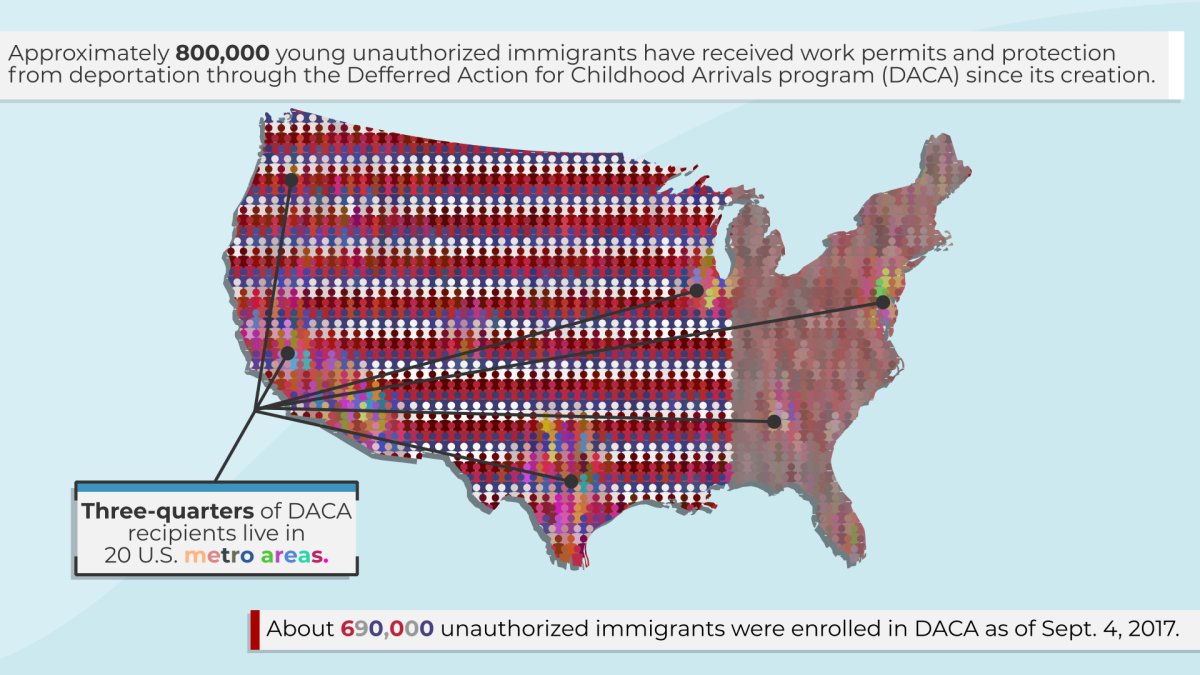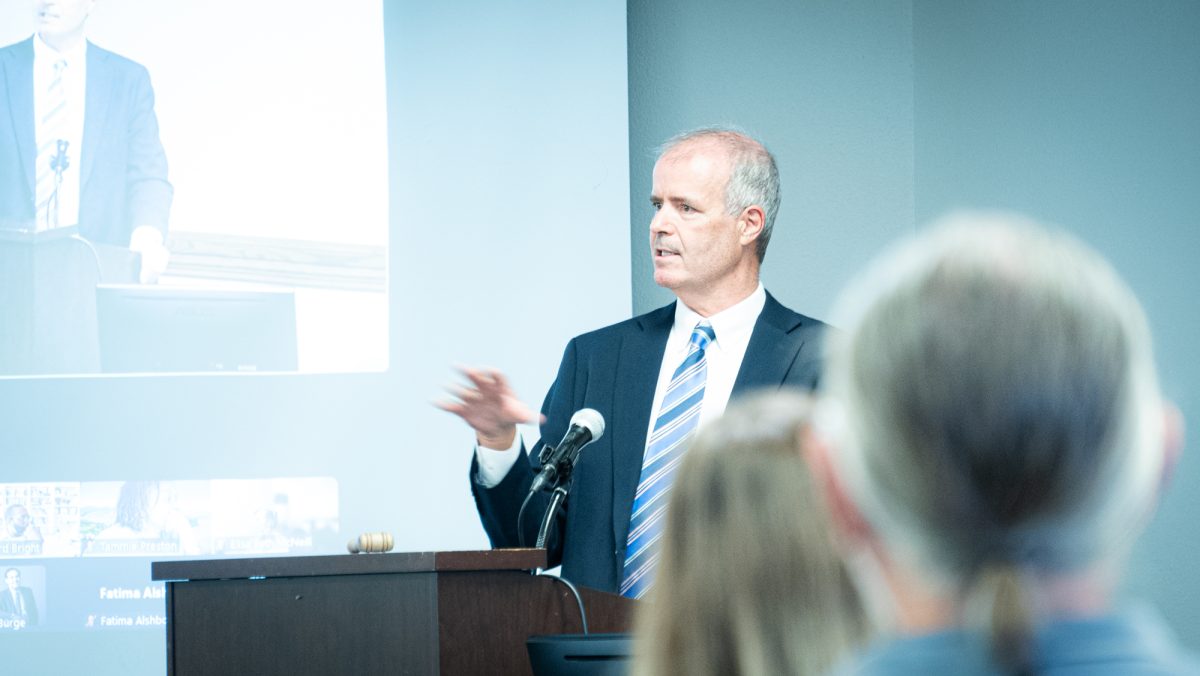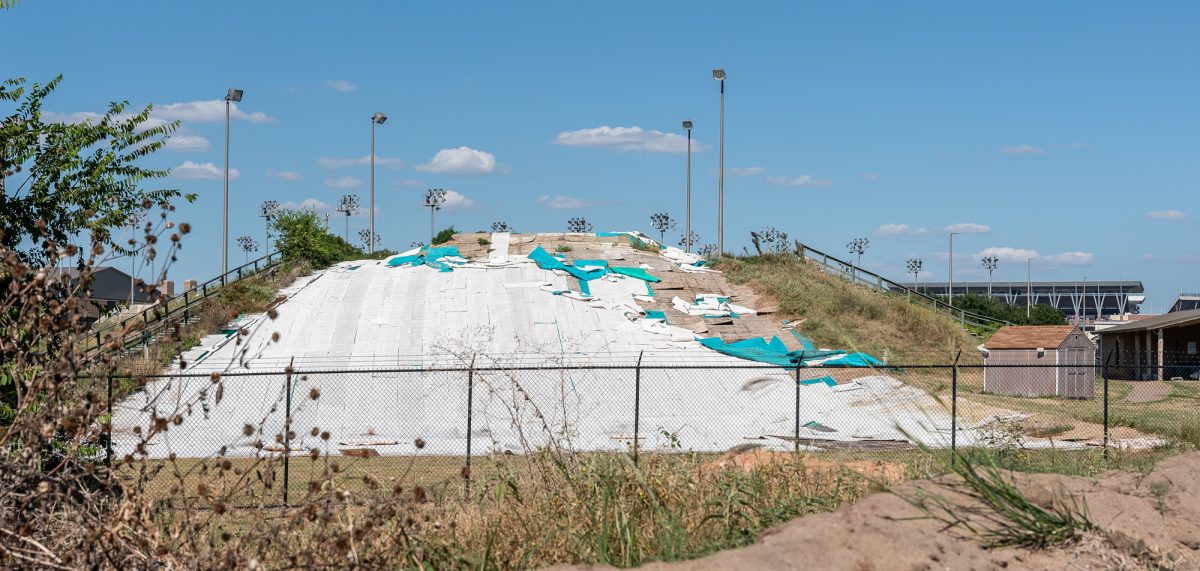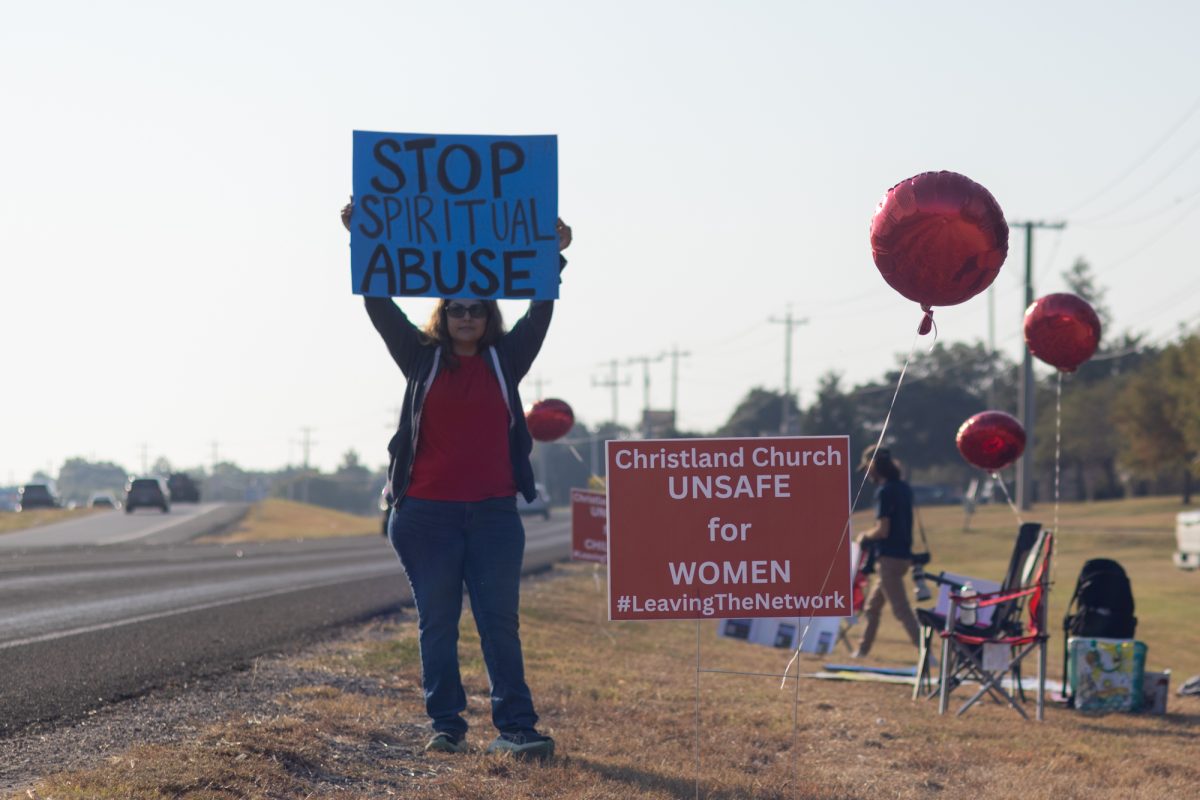One year after President Donald Trump moved to end Deferred Action for Childhood Arrivals, students across the nation are continuing to feel the effects of the change.
The Obama-era immigration policy offered undocumented residents who came to the country as children a chance to continue living, working and pursuing education in the U.S. When DACA was rescinded in September of 2017, the program stopped accepting new applications and residents whose existing DACA protections were set to expire within six months were told they had until Oct. 5 of that year to apply for a renewal. However, many DACA recipients still have a chance to renew, due to a series of legal battles surrounding the Trump administration’s attempt to end the program. It’s unclear how long this chance will last though and many are scrambling to send in renewal applications while they’re still being accepted.
Carlo Pizarro, urban and regional planning senior and president of the Council for Minority Student Affairs (CMSA), is a DACA recipient. He said many other recipients he knew were not able to reapply, and some had no choice but to quit their jobs.
“It’s been a whirlwind of chaos because none of us know what’s going to happen next,” Pizarro said. “Sometimes we hear news that it might be tomorrow, two weeks, three weeks and to renew as soon as possible. What most of us can do is hope for the best thing.”
Pizarro said some recipients are getting close to their expiration dates and should renew soon. However, renewing typically costs $495 and some may even require a person to hire lawyers because having one wrong item on the renewal paperwork can result in it being declined, according to Pizarro.
“Especially for some of us who are in college, parents are paying for their tuition, they can’t just come out with $495 out of nowhere and pay for it,” Pizarro said. “A lot of us have to go into severe debt. Luckily there’s a few grants available, for example the Mexican Consulate offers a grant to help DACA recipients from Mexico pay for their DACA renewal.”
Maria Gallo Blanco, business management senior, CMSA member and DACA recipient, said the past year has been confusing since so much is still undecided or ambiguous. During her junior year, she was looking to find workplaces who would accept her as an intern, but had difficulties because of her confusing status under DACA.
“I struggled a lot to find companies who were willing to take the risk of employing someone under DACA because they weren’t sure what was going to happen as well,” Gallo Blanco said. “I was unable to get an internship over this past summer due to that.”
Gallo Blanco said she hopes to see the government take action to alleviate or end the issues DACA recipients face. She said even if the immigration system can’t be fixed, it would be nice to have DACA functioning again until a more permanent solution can be found.
“I personally would like for DACA to stay on because I know it has benefited me a lot,” Gallo Blanco said. “Just being able to come to school without the fear of being deported and knowing I have the chance to further my education and other opportunities as far as work and being able to get an established license for me personally has helped me a lot, and I know there’s a lot of individuals out there that benefit from that and have benefited.”
Lily Carrasco, political science sophomore and an internal affairs officer of CMSA is also a DACA recipient. She said when DACA ended, she lost hope, but her mother convinced her to stay in school despite the circumstances.
“It had been one week after DACA ended, and I remember exactly where I was,” Carrasco said. “I was in class, and it felt like there was no need for me to be in class anymore. I felt like I should just drop out because there’s no point. If I’m not going to have a work permit, why would I get an education?”
For Carrasco’s family, DACA was a way they could find support.
“It was our only hope, you know,” Carrasco said. “Having DACA, having a work permit and being able to drive. It’s not a lot but it did a lot for my family. I got to work and even help my family financially.”
One requirement of the DACA program was that undocumented residents had to be at least 15 years old to apply. Carrasco’s younger brother turned 15 only 13 days after the cutoff date for new DACA recipients.
“That hurt pretty bad because he’s completely undocumented and he got to America when he was four and he’s not considered American,” Carrasco said. “His friends are getting learners’ permits and they’re getting jobs and he can’t do any of that and it’s pretty awful to see. It makes me feel guilty I guess. Like why me and not him?”
Carrasco said she was nervous for five months while she waited for her renewal to come in.
“My manager at my job kept telling me, ‘If you don’t have a work authorization, we have to fire you,’ and that was pretty scary because it’s my source of income, even though it’s a part-time job,” Carrasco said. “It’s pretty terrifying.”
Carrasco said she plans to pursue a career in public policy and service since there are few politicians who have been through the immigration system and many have no emotional connection to the issues.
“I feel like if I get my degree and get a good job and do what I want to do, I feel like that will do a lot for the community,” Carrasco said. “Especially because I want to work with public policy, and I really want to work with federal policy like immigration. I think that would positively affect my community because what better person to try to make those decisions or weigh those decisions than someone who’s been in those positions.”
DACA recipients still face uncertain future
September 19, 2018
Photo by Graphic by Nic Tan
According to data from the Pew Research Center, two-thirds of DACA recipients are ages 25 or younger, and a majority of DACA recipients are female.
0
Donate to The Battalion
Your donation will support the student journalists of Texas A&M University - College Station. Your contribution will allow us to purchase equipment and cover our annual website hosting costs.









